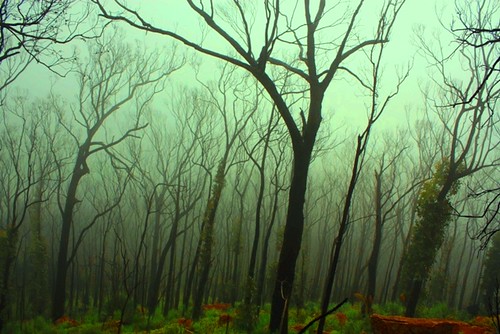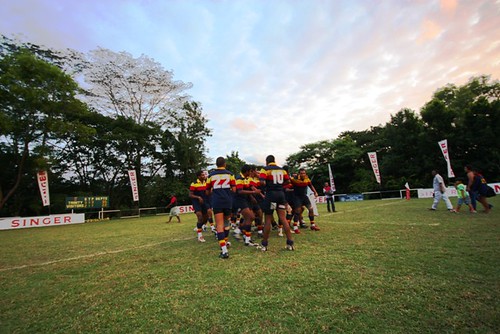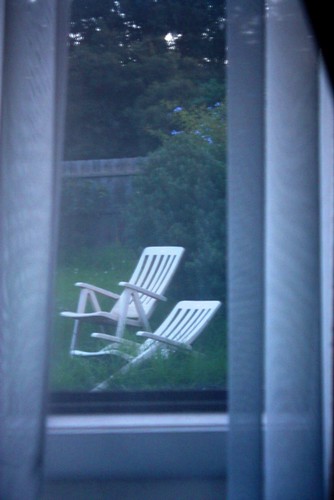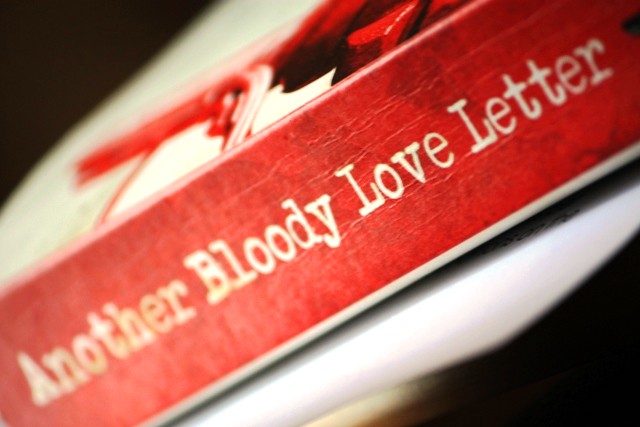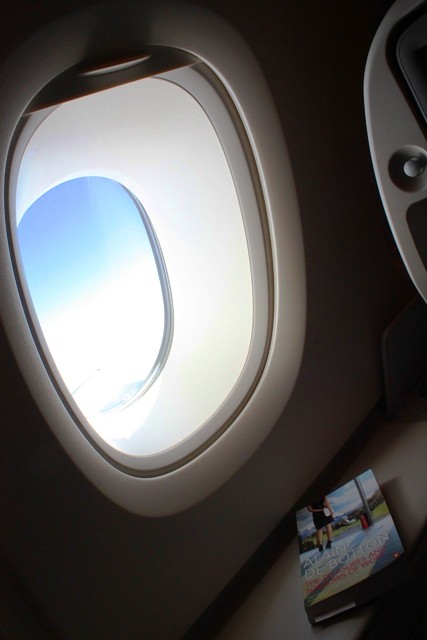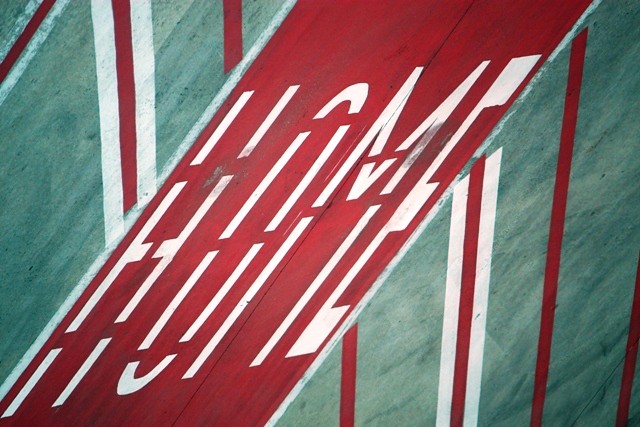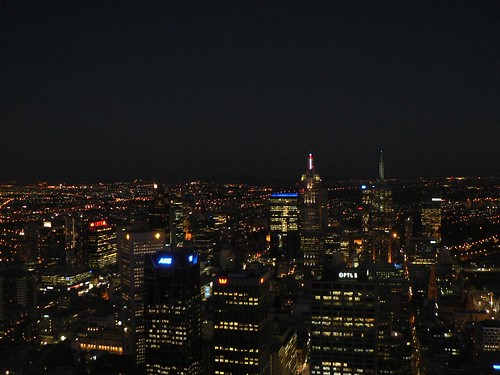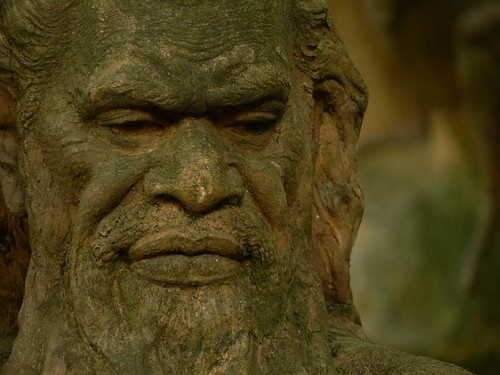Advancements in medical science in the last two centuries have saved billions of human lives. By improving the chances of the aged, sick and enfeebled to live on and survive, it has dampened the influence of external forces of natural selection on the human evolutionary processes. We have increased the chances of survival for all - not just the fittest. Advances in medical sciences have - generally speaking - given the weakest and less adaptable among us an equal chance of survival and propagation in the human gene pool. Together with standardised education systems and general social welfare, we have leveled the playing field a bit for everyone. Might and physical endurance are nor longer the only criteria that determine the dominating hierarchy within our species; making way for intelligence, dexterity and mental resourcefulness to also pack a heavy punch. Modern medicine is perhaps the best example of how we have been able to apply our intelligence to overcome physical deficiencies. We have invented a vast array of prosthetics, antibiotics and steroids to help us overcome our common physical ailments.
Long before the advent of modern medicine, we learned to apply our intelligence to build tools - and indeed weapons - that would multiply our physical strength in fights for domination. Since then, it was no longer sheer physical strength and endurance, but the ability to apply our 'intelligence' to solve problems and overcome challenges that determined our evolutionary path. Arguably, this is very much a part of the process of 'natural selection'. Given that the tools we have built far surpass our own power and capabilities in many ways, physical prowess have become less vital for our survival. Our ability to manipulate and design our immediate environment has all but removed the imperative for us to adapt to its changes. In fact, our ability to do so has become the most dominant factor in determining our survival.
So now, it is no longer a question of how capable we are of adapting to our environment, but how capable we are of changing it to fit our needs that matter - or so it seems. This reversal of the 'natural selection' process is a relatively recent phenomenon - only a few generations old - and therefore its long term effects are not yet evident. We do not yet know how it will effect our chances of long term survival as a species. In fact it could take centuries - if we survive that long - for us to find out. That is because the recent changes in our evolutionary priorities have not yet been tested. Indeed global warming and our growing population's increasing demand for scares resources are testing the sustainability of the global Eco-system that sustains us. The true extent of our ability to control the environment will be tested - probably for the first time - when our consumption levels tip over the ability of our environment to replenish it.
The inconvenient truth that lies at the heart of most global issues such as border protection, the greenhouse effect, political conflicts and conflicts between humans and our environment however, is that they are all consequences of the human population level that is increasingly becoming unsustainable.
An instinctive aversion to death and sickness is shared by all beings. The tendency to care and nurture the dying and impaired however, is relatively rare and found only among the more intelligent species with complex social structures. Our ability to love and care for one another is a defining characteristic of the human condition and arguably one of our few endearing features. Yet they may also be the biggest obstacles in the way of opening up an objective discussion about the human over-population crisis facing the planet today. Could we prevent ourselves or anyone else from intervening to prolong the life of a cancer patient even when it seems inevitable that the decease would soon claim its victim? If a man and woman has twelve children, which one of them could we recommend that they rather shouldn't have had? Indeed our emotions get in the way. Death or abandonment of another human being in peril is impossible to advocate, and even the practise of contraception has long been frowned upon.
It is one thing to be warned about the depleting natural resources and the question of human over-population in the 21st Century; but strangely at this point, even at the risk of contaminating the subject with an unintended religious undertone, I can't help but recall the words of Jesus Christ at the eighth station of the cross. On his way to Calvary to be crucified, the Gospel according to Luke in its 23rd Chapter, from verse 28 to 31 record the words of Jesus as follows;
28 But Jesus turned to them and said, “Daughters of Jerusalem, do not weep for me, but weep for yourselves and for your children.
29 For the days are surely coming when they will say, ‘Blessed are the barren, and the wombs that never bore, and the breasts that never nursed.’
30 Then they will begin to say to the mountains, ‘Fall on us’; and to the hills, ‘Cover us.’
31 For if they do this when the wood is green, what will happen when it is dry?”
Centuries of civilisation and culture has conditioned humanity to glorify the fertile and denounce the barren, value life and creation over death and destruction - and for good reason. However, infant mortality, deadly decease and occupational health are modern metrics. They were not issues that the old world had to grapple with, because death and sickness should have been accepted as daily realities before the miraculous interventions of medicine. It is only in the past two centuries that medical miracles have created an impression that it is within human capability to fight death and sickness and expect to win more often than not. The wonder works of modern medicine reinforces our false perception of death and sickness as the result of negligence or human faults, rather than inescapable facts of life.
The pharmaceutical industry also feeds into the unyielding human desire to avoid sickness and prolong life, by feeding on the rich chemical resources of the natural world including protected plant and animal species for producing medicines. In less than a century, it has risen to become one of the most powerful commercial lobbies that dictate world politics and economics today with exclusive rights to exploit entire species of plants for profit.
Therefore, it is more likely that our efforts to avoid sickness and prolong life will continue with more vigour, empowered by further advances in technology. The sum result of the advances we have made in medical science has enabled an explosion in human population that has tilted Eco-systems out of balance. It is perhaps a failure of the socioeconomic model of capitalism, that the motives of our society and those of the economy need not be aligned for them to work together. Thus while the result of our advances in medicine is healing and the prolongation of life, the motive that drives the industry is primarily its financial rewards. In a democratic world order that is spurred on by capitalism, it is unlikely that anyone - least of all politicians - would be willing to advocate steps to stem the growth of human population and the rate of our consumption of our planets shared resources. It seems there is not a single notion in our moral make up that lets us objectively decide between a human life and the greater good of the human species, let alone choose between a human life and an entire species of plant or animals. The dominance we have gained by virtue of our superior intelligence and dexterity will always ensure that we prevail even at the cost of other species.
Medical marvels may have given us a false sense that it is within our power to dictate terms to death and sickness, but that false sense of security stands in the way of addressing the issue of human over-population which is critical to the long-term survival of the planet and many of its species, including - ironically - humanity itself. As much as it is nevertheless possible for the human population to increase exponentially still, it would also be inevitable that limits imposed by the natural ecological systems that sustain us will eventually rectify the balance. Studies of overpopulation in the animal world suggest that when this happens, it is more likely to be a sudden collapse in our population than a gradual wind-down. Sadly, a sudden collapse of the human population would inevitably result in the loss of the collective knowledge that we have accumulated over thousands of years. Given the volume of information we stand to loose in such an event, it will be like the burning of the library at Alexandria all over again - about hundred million times over.
Ironically, the process of natural selection generally favours the resilient and most adaptable. Therefore, it is intriguing to think about who will survive in the event of a sudden collapse of the global human population. Will it be those who are physically strong, those with the best immune systems, or will it be the most intelligent or educated, or the More resourceful, and adaptable, or a combination of the above?
